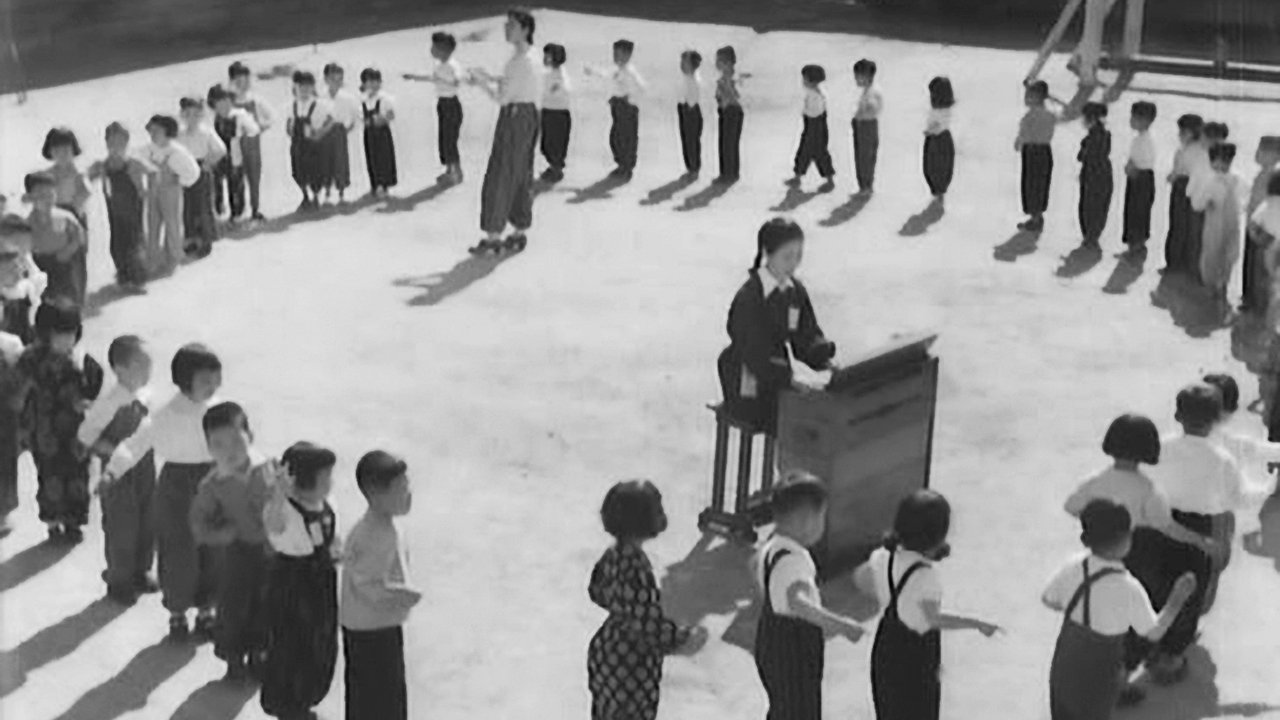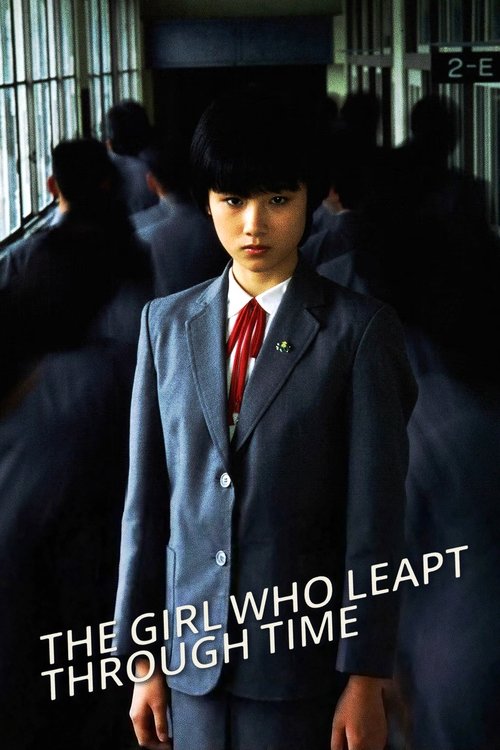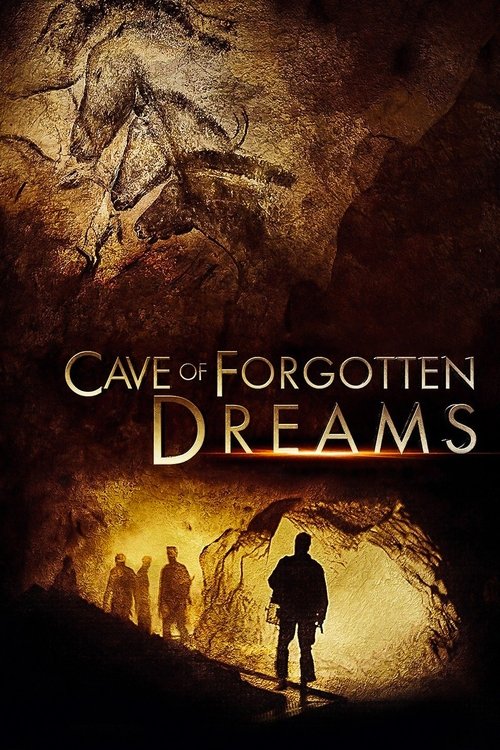
1952
Children of Hiroshima
Drama, War
8.0
User Score
38 Votes
Status
Released
Language
ja
Budget
$0
Production
Mingei Theatre Company, Kindai Eiga Kyokai
Overview
Shows the devastation caused by the atomic bomb, and by use of a fictional storyline, portrays the struggle of the ordinary Japanese people in dealing with the aftermath.
Review

Geronimo1967
7.0
It's been six years since teacher "Takako Ishiwaka" (Nobuko Otowa) lost her parents in the Hiroshima blast and she is now planning on returning to the city to visit friends and to remember her family. On arrival, she stays with "Natsue Morikawa" (Miwa Saitô) who has been rendered infertile by the toxic after-effects of the explosion. This is where this emotionally heart-rending story starts. She explores what's left of the city only to discover that in many areas, a remarkable regeneration has occurred. In others, though, people are living an hand-to-mouth existence and that includes her father's former colleague "Iwakichi" (Osamu Takizawa) who is all but blind and living amongst the ruins whilst his grandchild lives in a nearby orphanage. She is informed that a few of her own fellow school pupils have also survived and so visits them - providing director Kaneto Shindô with an opportunity to present us with three different examples of post-war life and of the resignation, stoicism and maybe even slight optimism of those starting to rebuild - whilst they all turn nervously to the sky when they hear an aircraft overhead. Accompanied by some flashbacks to happier times, this tells a touching story of people whose lives, and in many cases beliefs, have been utterly destroyed. Their infrastructure is gone - physically and psychologically, yet she epitomises a decency and the imagery cannot help but engender a sense of pity from anyone watching. No, it doesn't put this into any form of context with the abhorrent behaviour of the troops who fought in their name elsewhere, so no real attempt is made to politicise the situation. It's more a series of personal tales that do quite succinctly bring home the true horrors of the original weapon of mass destruction and of human resilience.
Read More 



